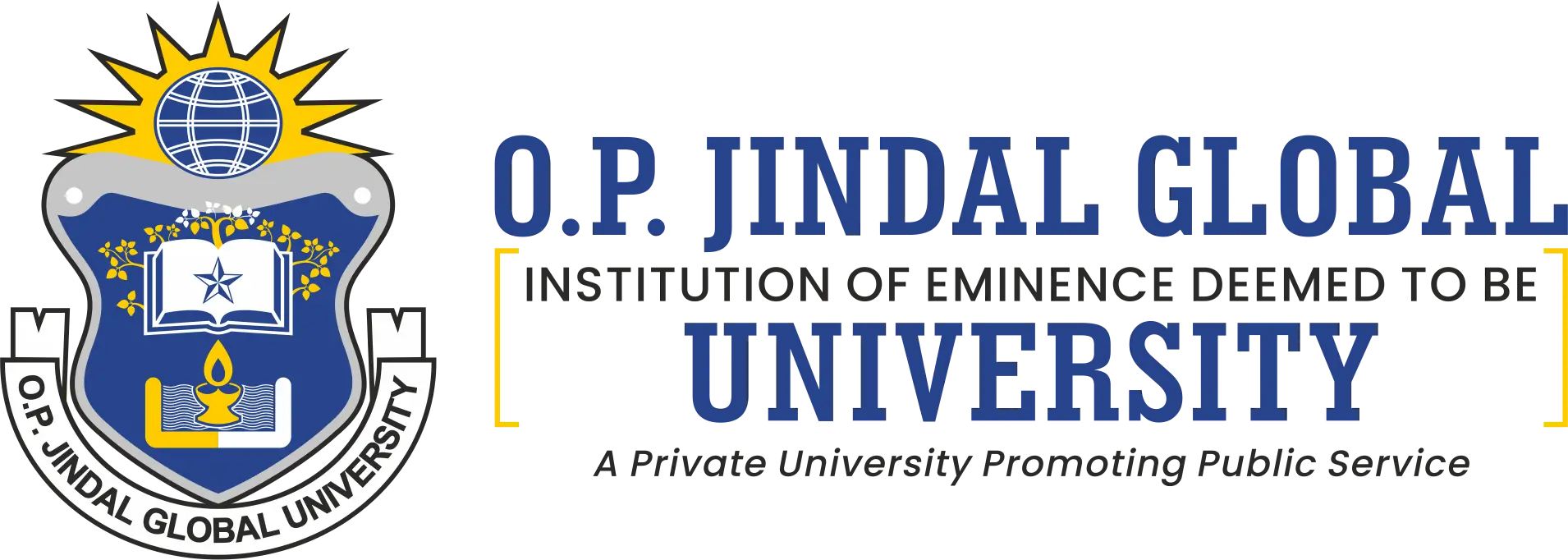Partnerships for the Goals
JGU is deeply committed to forming enduring partnerships with a diverse range of academic institutions, corporates, NGOs, and intergovernmental organizations, recognizing that achieving sustainable development requires broad cooperation and knowledge-sharing. The university’s network includes alliances with leading institutions and global platforms for education, research, and innovation, allowing students, faculty, and staff to participate in joint projects, academic exchange, and collective advocacy for the Sustainable Development Goals.
These collaborations enrich teaching and research, foster faculty and student mobility, and bring in new perspectives on sustainability, law, technology, and social impact. Through partnerships, JGU has co-hosted major conferences, participated in multi-university research, and contributed expertise to public policy, business, and climate strategies. Professional and academic exchanges facilitate best practice sharing, capacity building, and continuous improvement, while joint community outreach projects and social impact initiatives ensure that local engagement remains a priority in all partnerships.
Global sustainable development relies on the active involvement of governments, private enterprises, civil society, and universities working together to ensure that no one is left behind. JGU believes in working collaboratively to overcome complex challenges, such as disparities in resources, access to education, and post-pandemic economic recovery. Particularly developing regions struggling with external debt and constrained fiscal capacity, partnerships can help drive innovation, mobilize resources, and offer support for resilience and social progress.
Looking ahead, JGU aims to further deepen these networks by scaling collaborative research hubs, peer learning programs, and knowledge exchanges. Initiatives in the pipeline include new SDG forums, open educational consortia, and impact-driven coalitions, all designed to reduce gaps between communities and nations and to multiply opportunities for collective advancement.
JGU’s vision for partnership is grounded in mutual learning, resource sharing, and the pursuit of positive change, making sure that the journey toward development is inclusive, equitable, and continuously reinforced by shared global responsibility.



